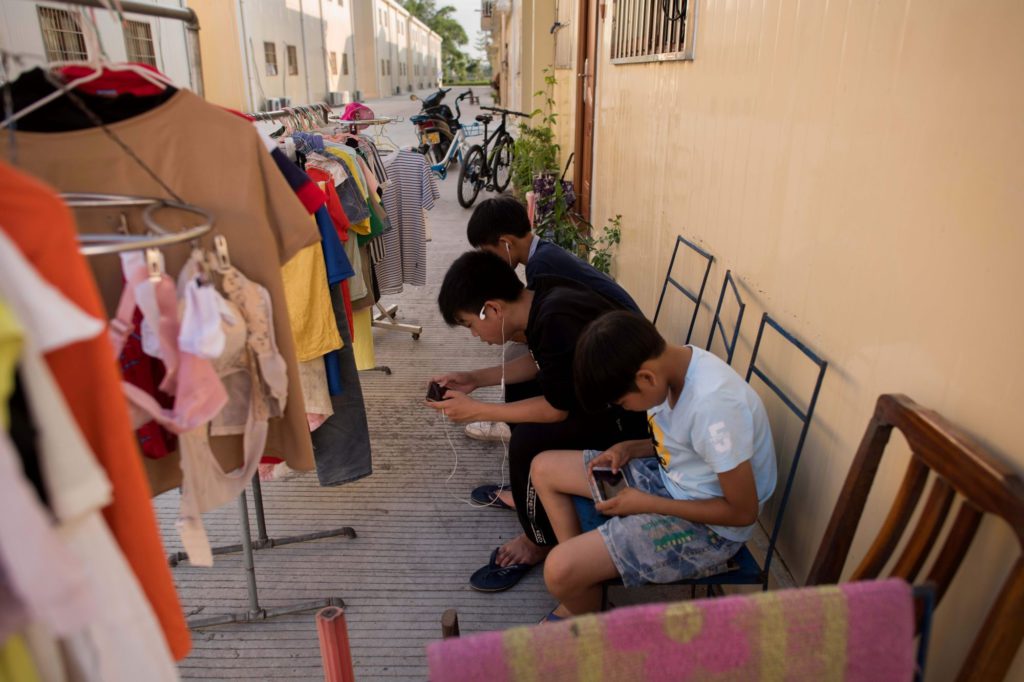(Bloomberg) — Chinese state media, including the Communist Party’s flagship newspaper, toned down their criticisms of the video-game industry on Wednesday after a harshly worded piece had a day earlier triggered a plunge in shares of Tencent Holdings Ltd.
and other companies in the sector.
Instead of calling video games “spiritual opium,” as a Tuesday article in the Economic Information Daily had, the People’s Daily published an editorial in its overseas edition that stressed the need for government, schools, families and broader society to work together to better protect children from excessive gaming.
Because the People’s Daily is controlled by the Communist Party’s Central Committee, its positions on issues are widely seen as reflecting the views of China’s most senior leaders.
While the People’s Daily editorial used softer rhetoric, it nonetheless highlighted the potential adverse effects gaming can have on children, as did other outlets such as the Securities Daily and the China News Service.
That criticism suggests greater scrutiny of the sector is likely, though perhaps not as severe a crackdown as what Beijing unveiled for the country’s after-school tutoring industry last month.
“Even though the wording may seem less harsh today than it was yesterday, that doesn’t change the fundamental theme of late — making Internet giants give up some of their profits and to give more spending power to the people,” said Fang Rui, managing director at Shanghai WuSheng Investment Management Partnership.
But regulations will vary by industry and those for the gaming sector “won’t be as brutal as those toward education,” Fang said.
Earlier: Tencent Weighs Kids Games Ban After ‘Spiritual Opium’ Rebuke
Tencent’s stock was trading 4.89% higher in Hong Kong at the mid-day break after having fallen more than 6% on Tuesday.
NetEase Inc. was 0.82% lower at the break after having been down as much as 6.03% in morning trading.
Among other media that chimed in on the issue Wednesday, the Securities Daily said on its front page that pushing for healthy development of the industry was a pressing matter and called preventing video-game addiction among minors “the bottom line.” The China News Service said late on Tuesday that it was “immoral” to blame schools, companies or parents alone for children spending long hours playing video games.
Even the Economic Information Daily took steps to soften its wording.
The newspaper’s commentary that sparked Tuesday’s sell-off was removed from its website Tuesday afternoon, only to reappear hours later with the terms “spiritual opium” and “electronic drugs” removed from the article.
More stories like this are available on bloomberg.com
©2021 Bloomberg L.P.











